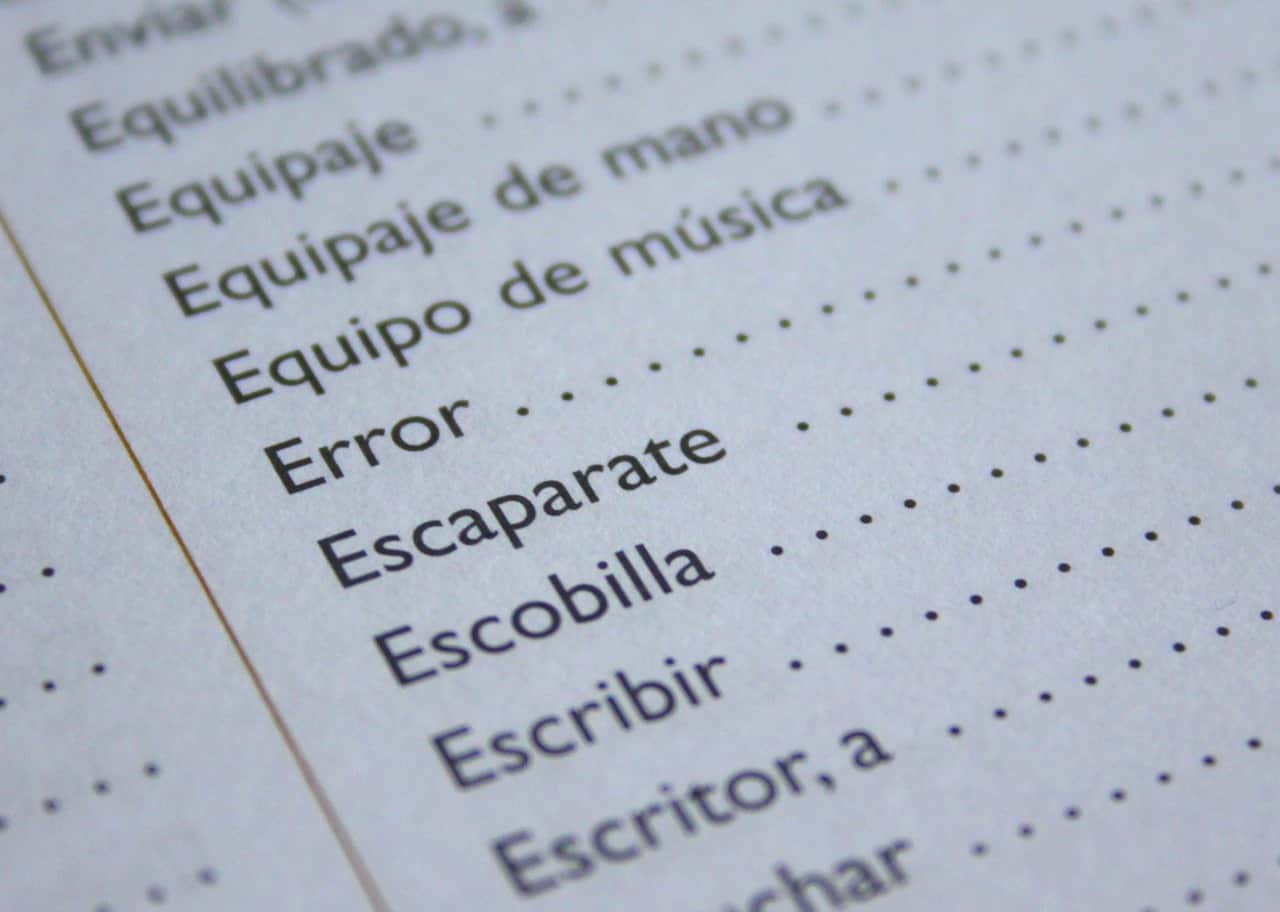The Spanish spoken in Costa Rica is more or less the same as standard Castilian Spanish except for one big difference that confuses many people. Spanish has two forms for addressing a person: usted (called ustedeo) and tú (called tuteo).
However, in Costa Rica there is a third form,vos (in Spanish called el voseo). This form is seldom taught because it is considered colloquial. In fact, it is not found in most Spanish textbooks or usually taught to English-speaking students in their Spanish classes.
Although the use of vos varies from region to region and its consideration as standard Spanish varies widely from country to country, you can hear vos used in many countries of Central America, in the countries of the southern South America (Chile, Argentina, Uruguay) and in parts of Colombia, Peru and Ecuador.
In areas of America where there was a strong influence of the Spanish Court, places such as Mexico and Peru, the eventual change from vos to tú and vuestra merced – usted mirrored the evolution of the Spanish language in Spain. However, in regions farther away from the centers of power this evolution did not necessarily follow the same pattern.
Instead, in some regions túwas displaced by vos in the friendly address and usted was used in the polite address.
Vos is used in Latin America in varying ways. It simply replaces tú and has its own conjugation. Though it looks similar to the tú verbs, there are slight differences in spelling and also in stress/pronunciation. Vos is used only with the present indicative tense, present subjunctive and command forms.
In Costa Rica, vos replaces tú and has its own conjugation. Though it looks similar to the tú verbs, there are slight differences in spelling and also in stress and pronunciation.
The verb form used with vos is formed by changing the “r” at the end of a verb infinitive (unconjugated verb) to “s” and adding an accent to the last syllable in the present tense. For example: vos comprás (comprar), vos comés (comer), vos vivís.
In the present subjunctive the forms are exactly the same. For example: vos comprés (comprar), vos comás (comer), vos vivás (vivir).
Lets go over some examples:
Type of verb ending
- ar -ás
- es -és
- ir -ís
For example using the verbs:
- vivir
- hablar
- ser
- tener
- pedir
- construir
- traer
- dormir
The Tú command would be:
- vives
- hablas
- eres
- tienes
- pides
- construyes
- traes
- duermes
The Vos command would be
- vivís
- hablás
- sos
- tenés
- pedís
- construís
- traés
- dormís
Vos and the use of commands
When vos is used in commands, just drop the final “r” off the infinitive ending of the verband stress the vowel at the end.
For example: comprá (comprar), comé (comer), escribí (escribir).
For example using the verbs
- tener
- ser
- venir
- tomar
- hablar
- vivir
- beber
- dar
The Tú command would be
- ten
- sé
- ven
- toma
- habla
- vive
- bebe
- da
The Vos command would be
- tené
- sé
- vení
- tomá
- hablá
- viví
- bebé
- da
Hopefully this gives a better understanding of the Vos form and as a quick final reminder, to form vos in the present tense, you simply use the infinitive without the “r,” add an“s” and stress the vowel of the infinitive ending with a written accent if it’s more than one syllable.
NOTE: Beginning and intermediate Spanish students do not need to study the vos form of verbs. They usually have their hands full learning the Tú and usted forms of most verbs — no need to get confused.
About Chris Howard
Christopher Howard Costa Rica’s foremost relocation expert and has been conducting monthly relocation/retirement tours to Costa Rica for over 30 years. See www.liveincostarica.com. He is also the author of the one- of-a-kind bestselling, New Golden Door to Retirement and Living in Costa Rica — the official guide to relocation and “Guide to Costa Rican Spanish,” that may be purchased through
www.costaricabooks.com or www.costaricaspanish.net






